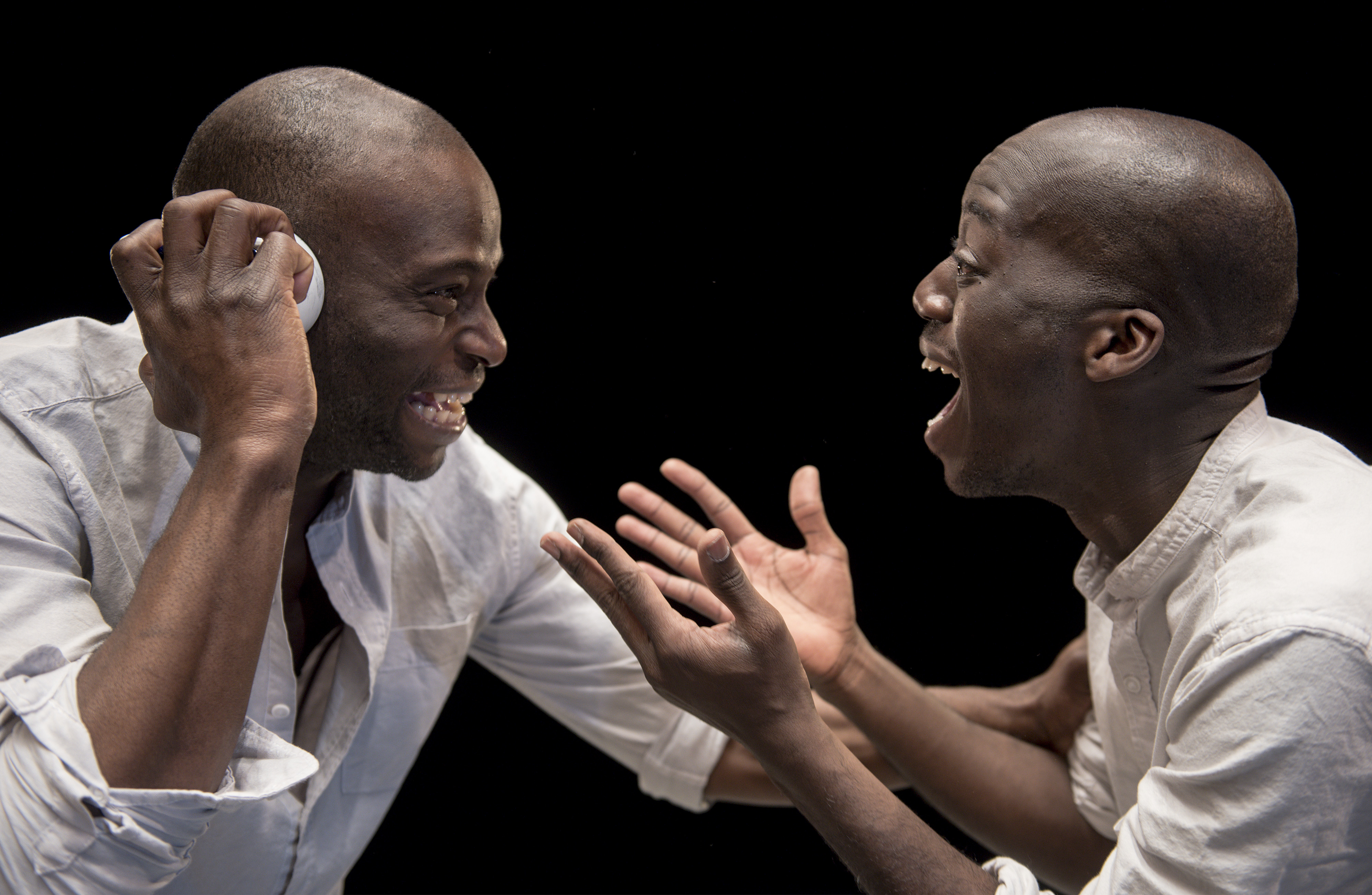An exhibition and conference at a literary gem in Manchester is this weekend exploring the life of Effie Gray through her letters.
Effie is the focus of a film written by Emma Thompson to be released in the UK in the Autumn, with Greg Wise playing Gray’s first husband, art critic John Ruskin. The exhibition, Yours Sincerely: The Rise and Fall of the Letter, running at the Portico Library in Manchester came ahead of the release of the film and the two-day academic conference.
I’m fascinated by letters and how they’ve been replaced by text messages and emails, which are much more disposable forms of communication and seem far less enduring than letters that are passed down through families. Letters are portholes into a different world and can reveal so much more than mere words on pages. They have a timeless permanence so lacking in modern forms of communication.
 In Victorian England, Gray was a prolific letter writer, as were her peers. It was the way people communicated with one another, treating the letters as a form of conversation (albeit a rather stilted conversation, as it would take time to receive a reply). Dr Suzanne Fagence Cooper, a former curator at the V&A and author of Effie: The Passionate Lives of Effie Gray, Ruskin and Millais, is a keynote speaker at the conference. She also examined the letters of Janey Morris and Catherine Dickens. The paper considers what the correspondence reveals – and conceals – about the lives and after-lives of these strong Victorian women.
In Victorian England, Gray was a prolific letter writer, as were her peers. It was the way people communicated with one another, treating the letters as a form of conversation (albeit a rather stilted conversation, as it would take time to receive a reply). Dr Suzanne Fagence Cooper, a former curator at the V&A and author of Effie: The Passionate Lives of Effie Gray, Ruskin and Millais, is a keynote speaker at the conference. She also examined the letters of Janey Morris and Catherine Dickens. The paper considers what the correspondence reveals – and conceals – about the lives and after-lives of these strong Victorian women.
So, who was Effie Gray? She was the oldest of 15 children, only eight of whom survived. Her idyllic Scottish childhood was punctuated by grief. She was only 12 when she met Ruskin, who was was nine years older. Eyebrows would have been raised had this relationship been formed in the 21st, not 19th, century. Yet it was tolerated in Victorian Britain.
The couple married in 1848 at a time of civil unrest in Europe. It is commonly believed that Ruskin was repelled by his wife’s naked body, yet as an art critic he would have been familiar with what, er, lies beneath. Look away now if you’re squeamish; Dr Fagence Cooper argues that it was the menstruation that put him off his bride on their wedding night. Ruskin’s elderly parents were the focus of his life and he sought their approval in everything he did. Meanwhile, Effie Gray wrote heartbreaking letters to her own parents, beseeching them to rid her of the unnatural marriage.
The Emma Thompson drama was cleared for release in March after a second copyright case in New York involving a playwright there was concluded. Judge Thomas P Griesa ruled that the film that focuses in on the story of art critic John Ruskin, his wife Effie Gray and Pre-Raphaelite painter John Everett Millais does not infringe Gregory Murphy’s 1999 play The Countess, which was performed more than 600 times.
Murphy said in an interview two years ago that he was forced to reconsider his options after a mutual friend sent Emma Thompson and her husband Greg Wise a screenplay allegedly based on The Countess. However, Thompson denied having access to the play or screenplay prior to working on Effie. The judge said the two works were quite dissimilar in their approaches to fictionalising the same historical events.
Greg Wise plays Ruskin with Dakota Fanning in the role of the eponymous hero. Tom Sturridge is Millais. Emma Thompson also plays Lady Eastlake, Effie’s supporter who pointed out that the marriage was non-consummated so she was therefore not a social pariah, as it was void and not a divorce. The annulment caused a great scandal, with Gray ostracised from the court of Queen Victoria. The letters examined by Dr Fagence Cooper show the efforts via letters to persuade the courtiers that Gray was not a divorcee.
Ruskin famously said that although Gray’s face was beautiful “her person was not formed to excite passion”. Some of Ruskin’s letters are on display as part of the exhibition, on loan from the Armitt library. There are also the “darling doctor” letters written by Ruskin to his doctor during the Whistler trial. Dr Fagence Cooper said the letters were read, catalogued and collected differently to their husbands’ correspondence and were regarded as somehow less important.
Other notable speakers at the Portico are Sophie Baldock, a British Library scholarship holder and PhD student at Sheffield who spent six months cataloguing the thousands of emails in the poet Wendy Cope’s archive.
If you’re in Manchester over the next few weeks, it’s worth checking out the exhibition at the Portico Library, just by China Town and a five minute walk from Piccadilly Station.
The library will host the paperback book launch of Jackie Kay’s Reality, Reality on July 4.
By Helen Carter
Where: 57 Mosley Street, Manchester
More info: Telephone. 0161 236 6785; www.theportico.org.uk












